Lifestyle
20 Popular Foods Currently Being Recalled That Might Be in Your Fridge Right Now
By CM Chaney · August 21, 2025
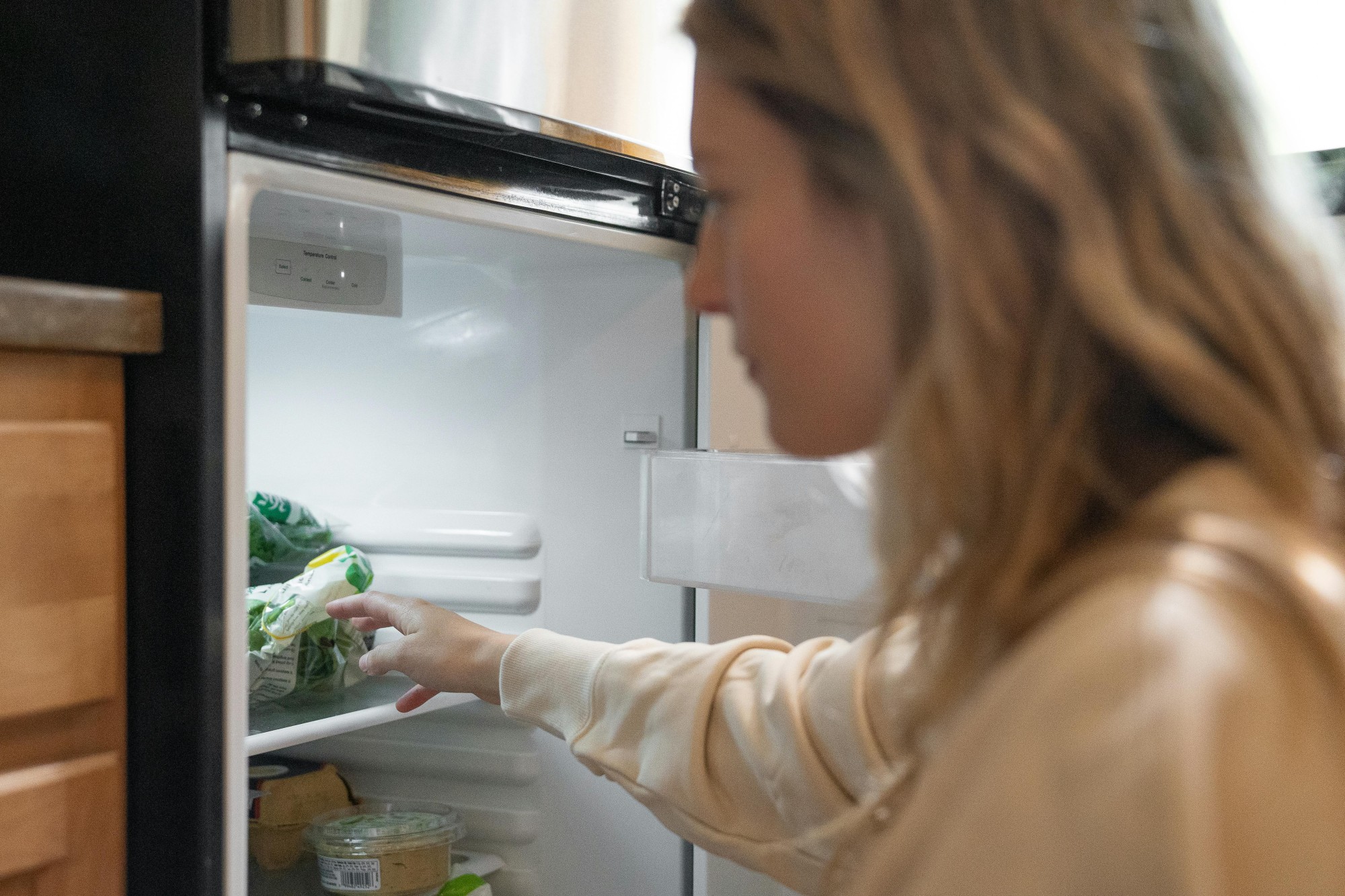
From organic carrots linked to a deadly E. coli outbreak to eggs that could harbor salmonella, the list keeps growing. Major retailers like Costco, Walmart, and Trader Joe's have all been affected, with millions of pounds of food pulled from shelves. The recalls span everything from ready-to-eat deli meats to frozen waffles, touching virtually every aisle of the grocery store.
What makes this particularly nerve-wracking is that many of these products have long shelf lives or expiration dates, meaning that contaminated food purchased weeks ago could still be lurking in pantries or freezers across America. With 39 illnesses and at least one death already linked to just one of these recalls, this isn't something to ignore. Consumers should grab a trash bag and check their kitchens—because what they don't know really could hurt them. Photo by Kevin Malik

1. Kirkland Signature Organic Eggs (Costco)
If you shop at Costco, you need to check your eggs immediately. The Kirkland Signature Organic Pasture Raised 24-count eggs with specific date codes have been recalled across five states for potential salmonella contamination. Over 10,800 cartons were distributed to stores in Alabama, Georgia, North Carolina, South Carolina, and Tennessee.The affected eggs came from Handsome Brook Farms and were sold starting in late November. Look for the Julian code 327 with a "Use By" date of January 5, 2025. The telltale sign is the plastic packaging—these came in the clear plastic cartons, not the traditional cardboard ones most of us associate with eggs.
What's particularly concerning is that salmonella symptoms can take up to 72 hours to appear, meaning you might have already consumed contaminated eggs without realizing it yet. If you've experienced fever, diarrhea, or severe stomach cramps recently and have these eggs at home, contact your doctor. Costco is offering full refunds, no receipt necessary—just bring them back or toss them out immediately. Photo by engin akyurt on Unsplash
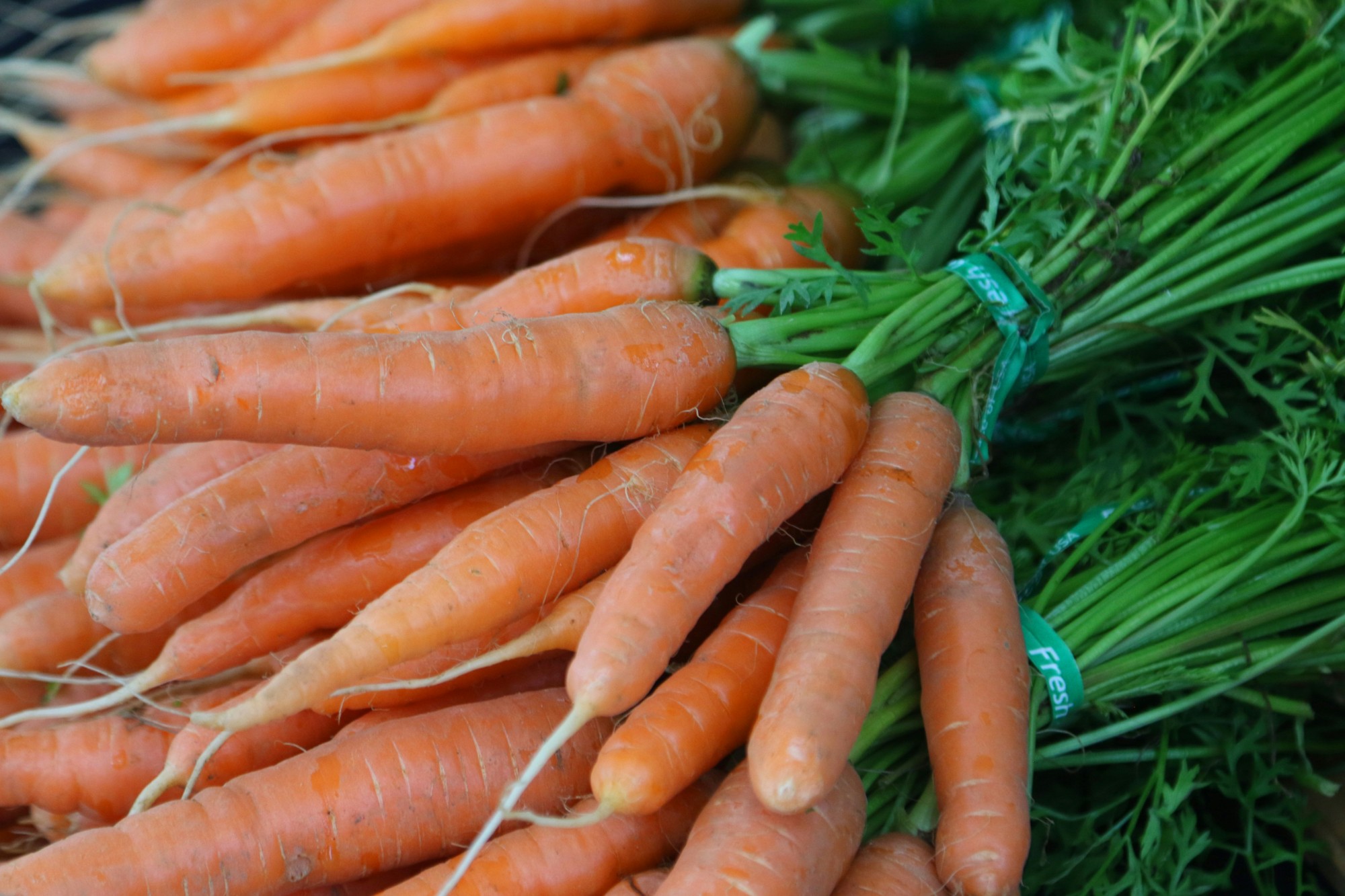
2. Organic Whole and Baby Carrots (Multiple Brands)
This one hit me hard because organic baby carrots are my go-to healthy snack. Grimmway Farms, one of the largest carrot producers in the country, recalled multiple brands of organic carrots due to E. coli contamination that's already caused 39 illnesses and one death. The brands affected include Trader Joe's, Wegmans, Target's Good & Gather, Whole Foods 365, and Kroger's Simple Truth.The recalled carrots were sold between August and November 2024, but here's the kicker—many of us bought these in bulk and froze them for smoothies or stored them in crisper drawers where they lasted weeks. Even if your carrots look fine, if they're from these brands and timeframes, throw them out.
The symptoms of E. coli are no joke: severe stomach cramps, bloody diarrhea, and vomiting that can lead to kidney failure, especially in young children and elderly adults. One mom I know ended up in the ER with her toddler after sharing "healthy" carrot sticks at playgroup. Don't risk it—when in doubt, throw them out. Photo by David Trinks on Unsplash
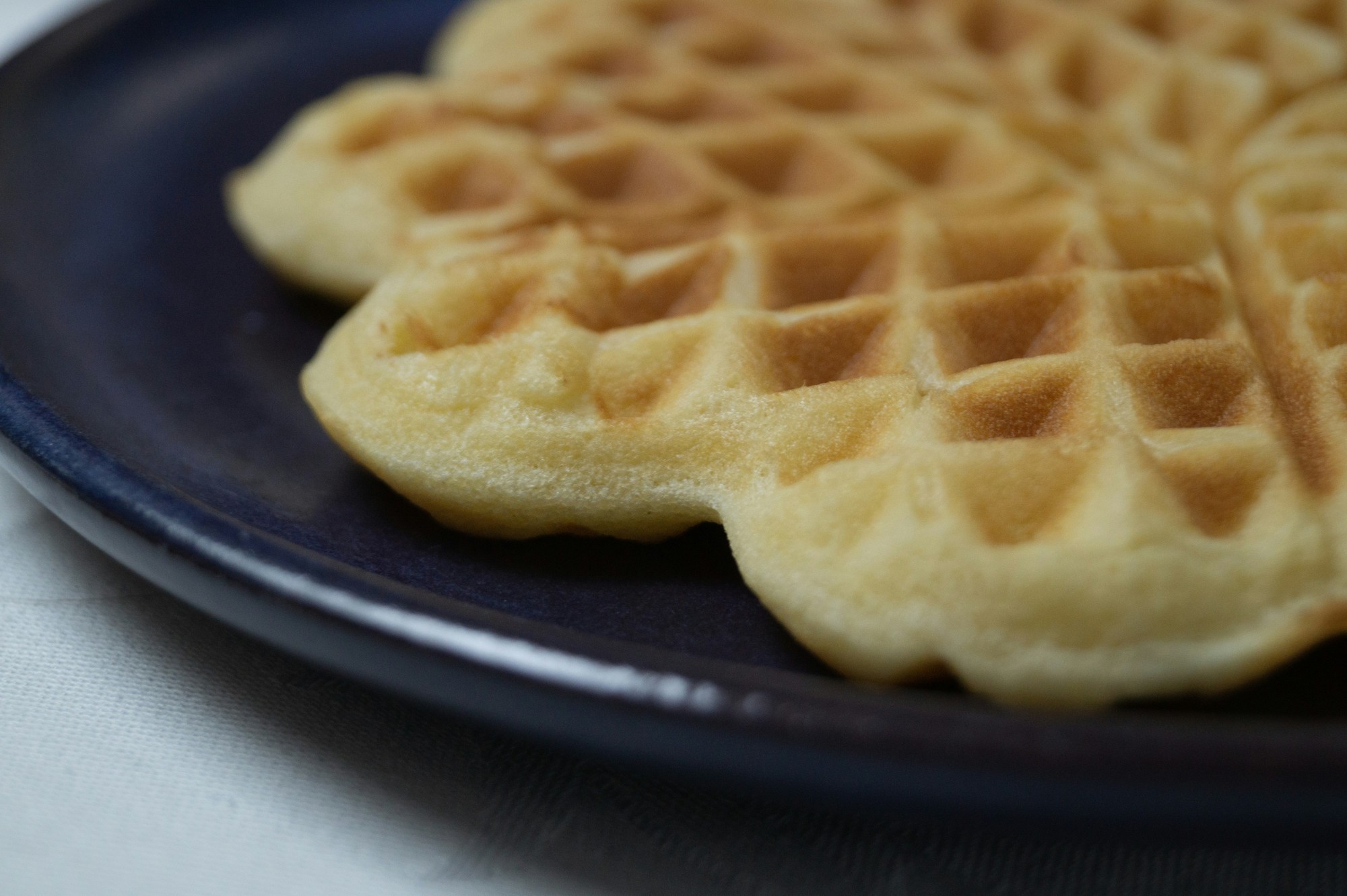
3. TreeHouse Frozen Waffles (Store Brands)
Your lazy Sunday morning breakfast might be harboring listeria. TreeHouse Foods recalled millions of frozen waffles sold under store brands at Target (Good & Gather), Walmart (Great Value), Kroger (Simple Truth), and even Aldi's Breakfast Best brand. The recall affects both regular and whole grain varieties manufactured between specific dates in 2024.What makes this particularly tricky is that these are store brands many of us buy automatically without thinking. They're the affordable option, the ones we stock up on during sales. The contamination risk came from potential listeria at the manufacturing facility, and while no illnesses have been reported yet, listeria can take up to 70 days to show symptoms.
Check your freezer for any frozen waffles with "Best By" dates extending into 2025. The UPC codes are listed on the FDA website, but honestly, if you have any store-brand frozen waffles purchased in the last few months, it's safer to just toss them. TreeHouse is offering refunds, but is saving a few dollars really worth the risk of listeria, which can be fatal for pregnant women and cause miscarriages? Photo by Jan Ranft on Unsplash
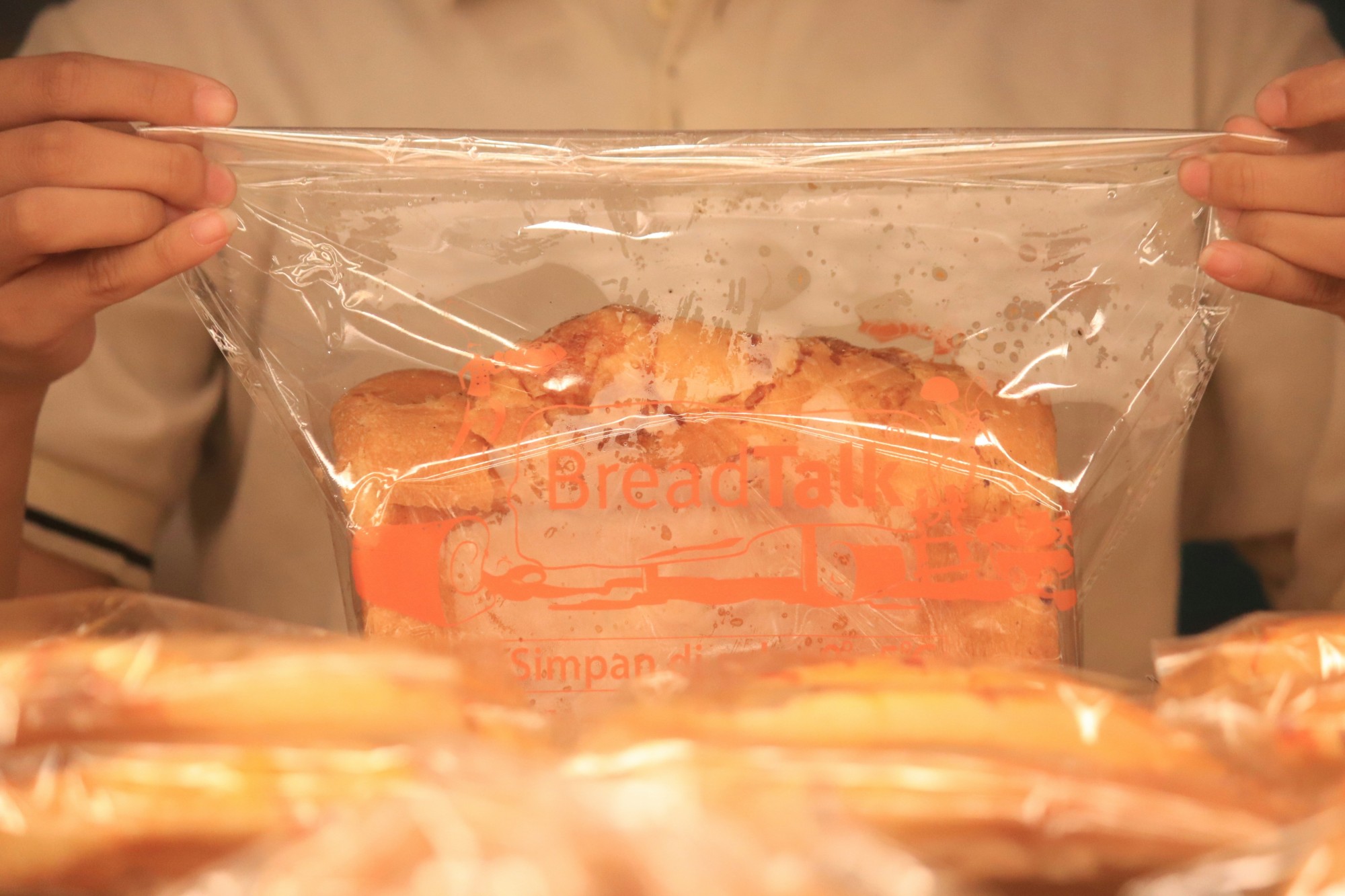
4. Ready-to-Eat Deli Meats (BrucePac)
This recall is massive and terrifying because it affects hundreds of products you'd never expect. BrucePac recalled over 11 million pounds of ready-to-eat meat and poultry that ended up in everything from premade salads to frozen dinners. We're talking about chicken in your Caesar salad kit, turkey in your grab-and-go wrap, and meat in your kid's Lunchables-style meal kit.The products were distributed to major retailers, schools, and restaurants nationwide. The scariest part? Many of these items have already been consumed because they were incorporated into other products. That healthy-looking southwestern chicken salad from Walmart? The turkey and cheese rollups from Target? The chicken used in your favorite restaurant chain's salad? All potentially affected.
The contamination involves listeria, which is particularly dangerous because it can grow even in refrigerated foods. Symptoms include fever, muscle aches, and gastrointestinal issues, but in pregnant women, it can cause stillbirths and miscarriages. If you've bought any pre-made salads, sandwiches, or wraps recently, check the USDA's website for the complete list—it's genuinely shocking how many products are involved. Photo by Mufid Majnun on Unsplash

5. Soft Cheeses (Multiple Brands)
The soft cheese recall is particularly heartbreaking because it's already been linked to multiple deaths. Rizo-López Foods expanded their recall to include over 60 brands of cheese and dairy products sold nationwide. This includes queso fresco, cotija, crema, and even some yogurts sold at major chains including Kroger, Food Lion, and Save Mart.What's insidious about this recall is that many of these products have long shelf lives and might still be sitting in your fridge. The affected products include store brands like Food Lion's Amigo, Kroger's Montchevre, and various Hispanic-style cheeses sold at local markets. Even some non-Hispanic cheese brands were manufactured at the same facilities and are affected.
Old Europe Cheese also recalled brie and camembert sold at Aldi, Market Basket, and other chains. If you're pregnant or immunocompromised, this is especially critical—listeria in soft cheeses has been linked to severe complications. One woman I know lost her pregnancy after eating contaminated queso at a friend's party. Check every soft cheese in your fridge against the recall lists. Photo by Michel Stockman on Unsplash
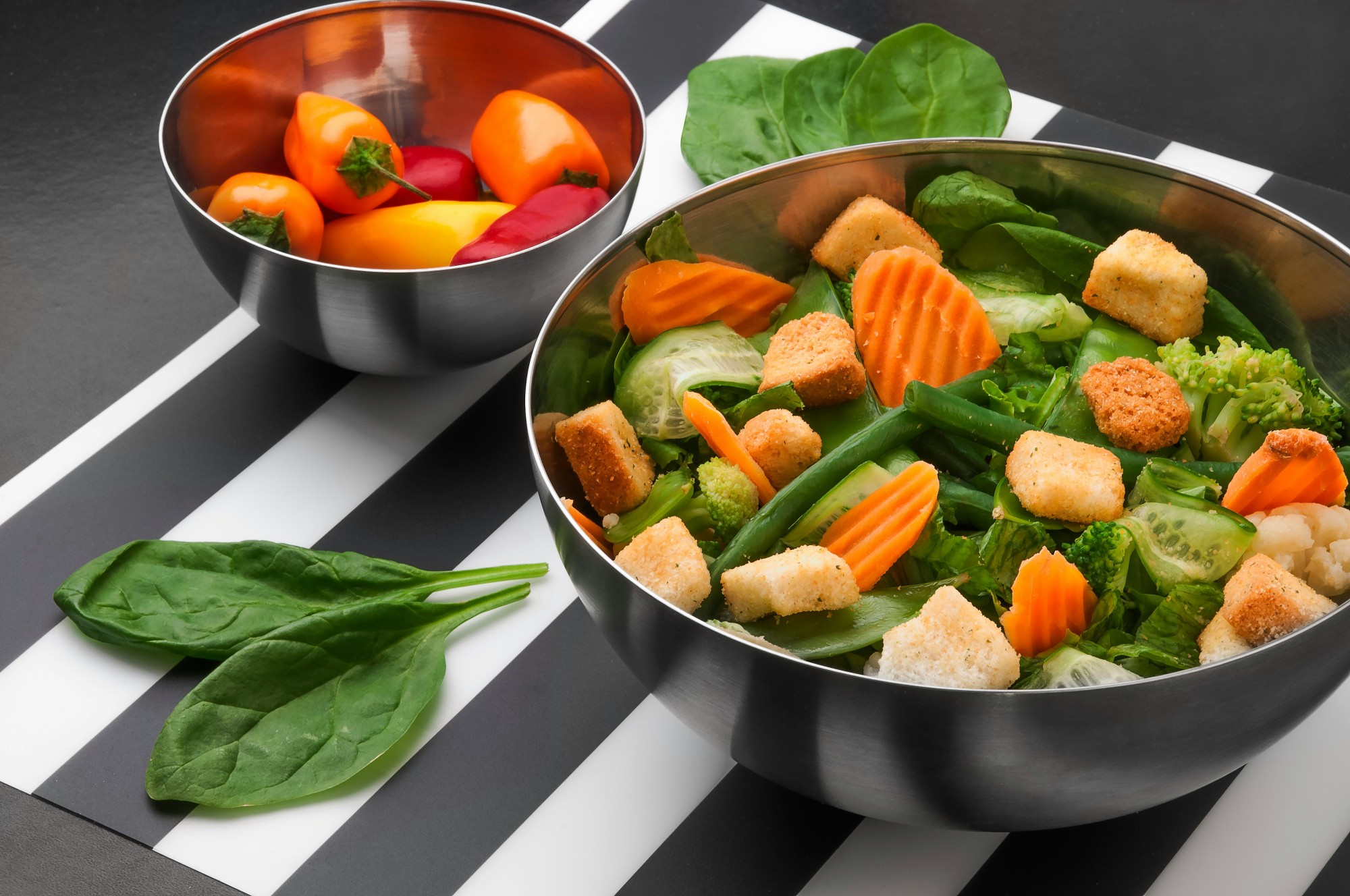
6. Frozen Vegetables (Multiple Brands)
That bag of frozen mixed vegetables you use for quick weeknight stir-fries might be contaminated with listeria. Birds Eye, Green Giant, and multiple store brands have recalled various frozen vegetable products. The recall includes popular blends like California medley, Asian stir-fry mix, and basic mixed vegetables sold at virtually every major grocery chain.The contamination was discovered at processing facilities, and the affected products have "Best By" dates extending well into 2025 and even 2026. This means that bags you bought months ago and have been gradually using could be contaminated. The recall includes both organic and conventional varieties, steamable bags, and bulk packages.
Parents, pay special attention—many of these vegetables end up in baby food preparations and toddler meals. I've been making my own baby food with frozen organic vegetables, thinking I was being so healthy and safe. The thought that I could have been feeding my baby contaminated food makes me sick. Check every bag, even if it's already open. The lot codes are tiny and hard to read, but it's worth squinting at them. Photo by Allen Rad on Unsplash
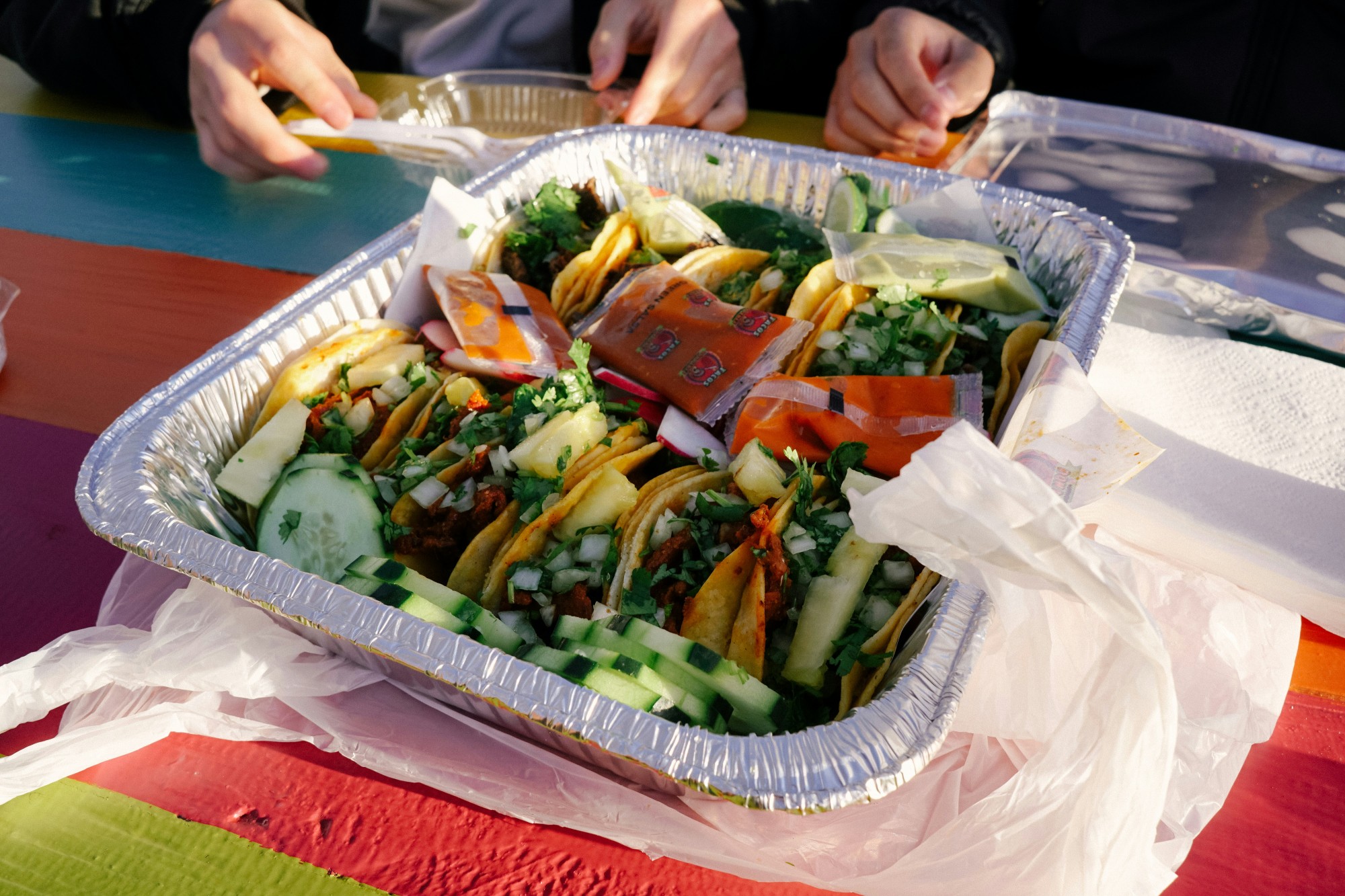
7. Fresh Herbs and Prepared Salads (Trader Joe's)
Trader Joe's, everyone's favorite quirky grocery store, has had multiple recalls on their fresh herbs and prepared salads recently. Their organic basil, cilantro, and various prepared salad kits have been pulled for potential salmonella and cyclospora contamination. This includes their popular Mediterranean Orzo Salad, Southwest Salad Kit, and even some of their fresh herb tubes.The herbs are particularly concerning because many of us use them raw as garnishes or in fresh preparations like pesto and chimichurri. Cyclospora, a parasite that causes severe intestinal illness, can't be washed off—once it's there, it's there. Symptoms include explosive diarrhea (sorry for the graphic detail, but you need to know), severe stomach cramps, and fatigue that can last for weeks.
If you're like me and shop at Trader Joe's specifically for their unique prepared foods, this is devastating. Their salad kits are my lunch staple. But after a friend spent three weeks battling cyclospora from contaminated herbs, I'm taking no chances. Check your fridge for any TJ's herbs or salads purchased in the last month, regardless of the expiration date. Photo by Stephen Han on Unsplash
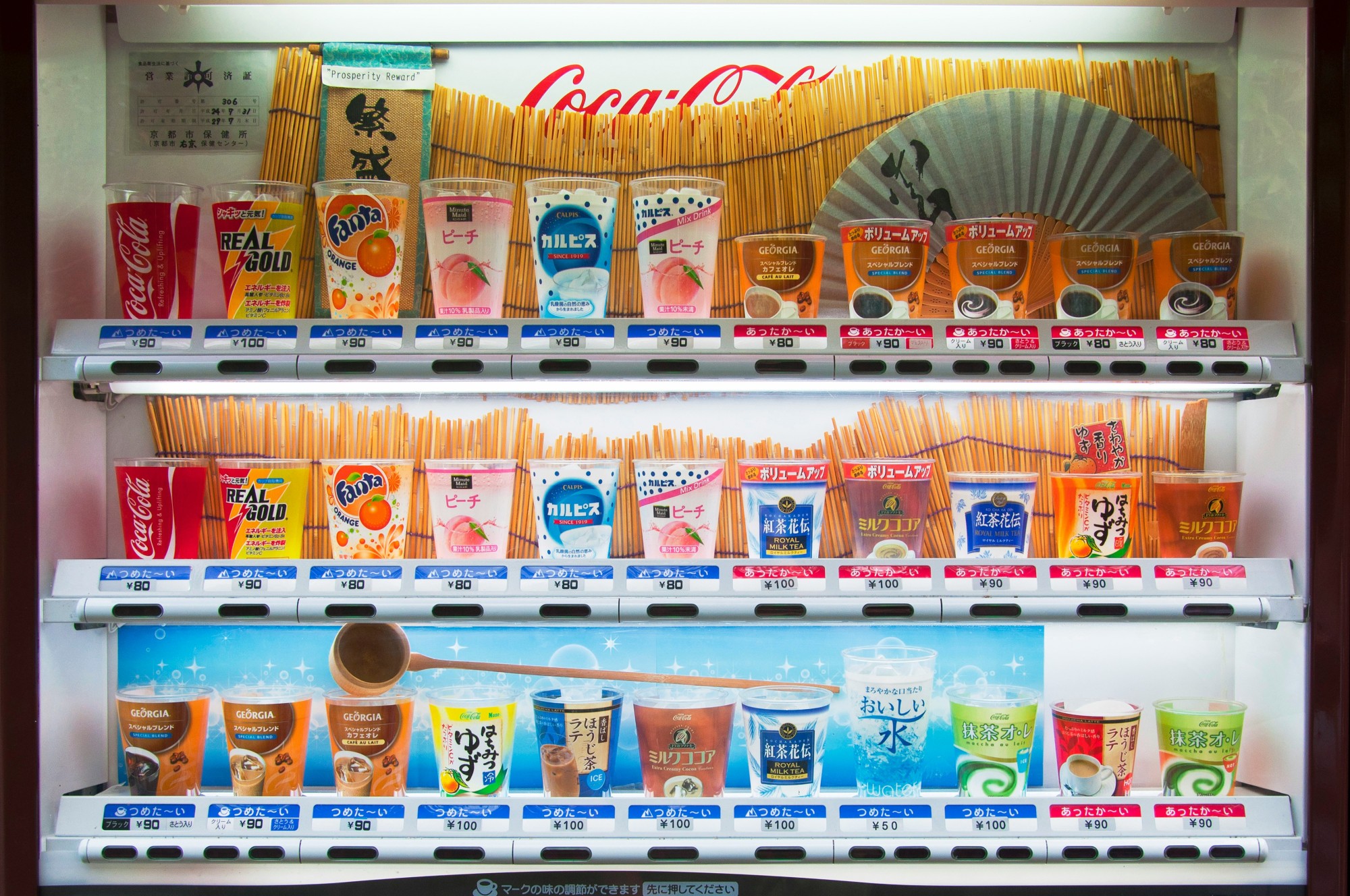
8. Ice Cream Products (Friendly's, Hershey's)
Nothing ruins dessert quite like finding out your ice cream might give you salmonella. Multiple ice cream brands including Friendly's, Hershey's, and various store brands have been recalled for undeclared allergens and potential contamination. The recall includes ice cream cakes, bars, and pints sold at major retailers and ice cream shops.The problem stems from multiple issues: some products contain undeclared nuts (potentially fatal for those with allergies), others have potential listeria contamination from the production facilities, and some have incorrect labeling that doesn't list milk or eggs. That Friendly's ice cream cake from your kid's birthday party last month? Might be affected.
Totally Cool brand, distributed to specialty shops and some Whole Foods locations, recalled everything after listeria was found in their facility. Even if your specific flavor tested negative, all products from the affected dates are being recalled. For parents of kids with allergies, this is terrifying—we rely on accurate labeling to keep our children safe. Check every frozen dessert in your freezer against the FDA's running list. Photo by Stephen Han on Unsplash

9. Frozen Pizza (Store Brands)
Friday pizza night just got complicated. Multiple frozen pizza brands have been recalled for undeclared allergens, with some containing sesame, milk, or soy not listed on the labels. Store brands from Walmart, Target, and Kroger are affected, along with some restaurant-supply pizzas that ended up in retail stores.The allergen issue is serious—sesame was just added as a major allergen in 2023, and many facilities are still adjusting their processes. Some pizzas labeled as dairy-free actually contain cheese, while others marked as gluten-free were contaminated with wheat. For people with celiac disease or severe allergies, this cross-contamination can trigger life-threatening reactions.
What's frustrating is that many of us bought these pizzas in bulk during sales, so we might have multiple contaminated products. One mom in my allergy support group had been feeding her dairy-allergic son a "vegan" pizza for weeks before the recall was announced—thankfully, he only had mild reactions she had attributed to other factors. Check every pizza, even if you've already eaten some without issues. Photo by Alan Hardman on Unsplash
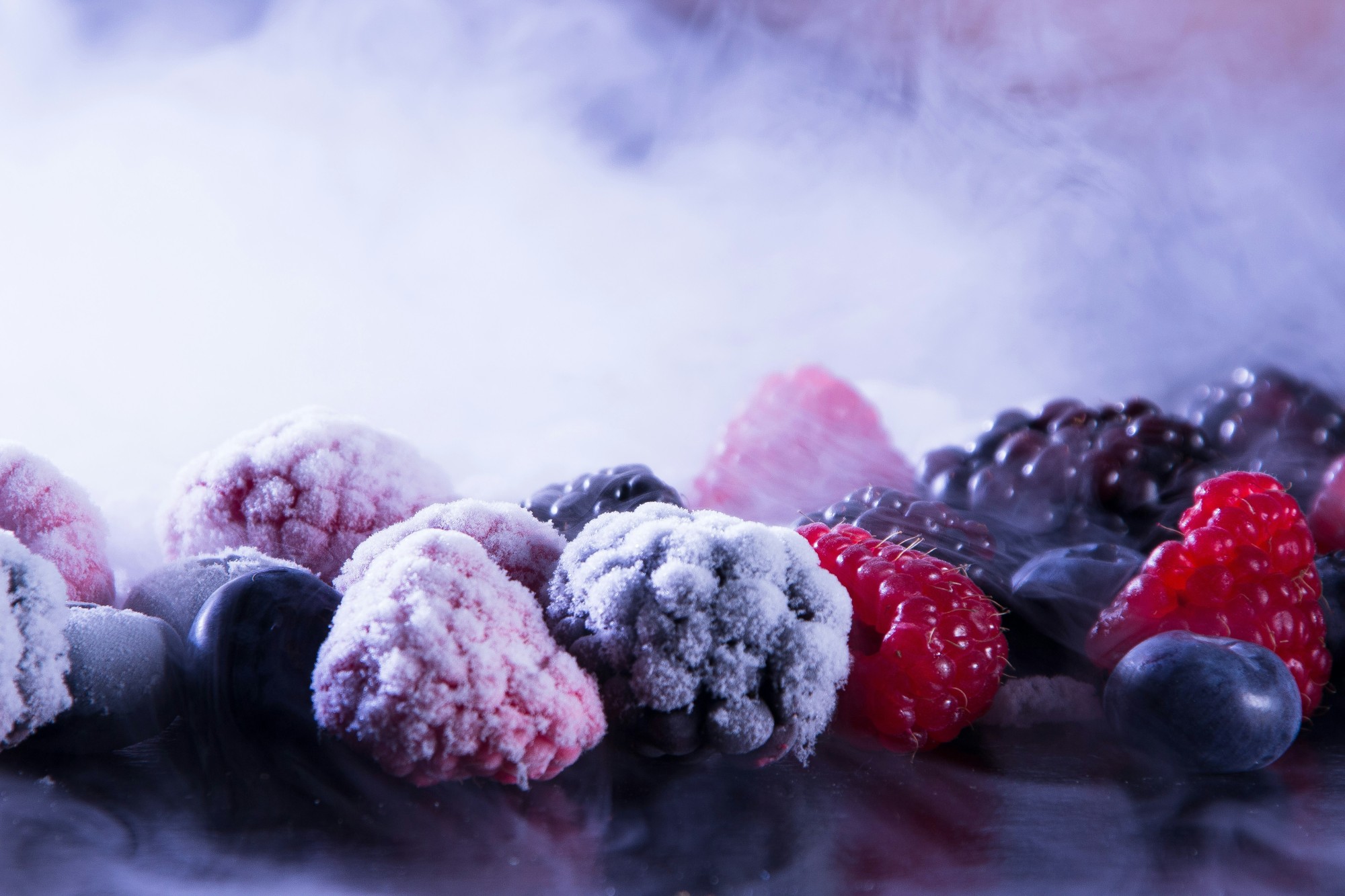
10. Frozen Fruit (Smoothie Mixes)
Your morning smoothie might be harboring hepatitis A. Multiple brands of frozen fruit, particularly tropical blends and berry mixes, have been recalled after testing positive for hepatitis A contamination. Brands affected include store brands from Target, Walmart, and Costco, as well as national brands sold for smoothie making.The contamination likely occurred during harvesting or processing, and hepatitis A can survive freezing temperatures. Symptoms don't appear for 15-50 days after consumption, meaning you could have already been exposed without knowing it. The virus causes jaundice, fatigue, abdominal pain, and nausea that can last for months.
Scenic Fruit Company and Wawona Frozen Foods supplied many of the affected products, which were sold under various labels at different stores. That organic tropical blend you've been adding to your protein shakes? The mixed berries in your freezer for pancake toppings? All potentially affected. If you've consumed any of these products in the last two months and haven't been vaccinated for hepatitis A, talk to your doctor about post-exposure prophylaxis. Photo by Devin Rajaram on Unsplash
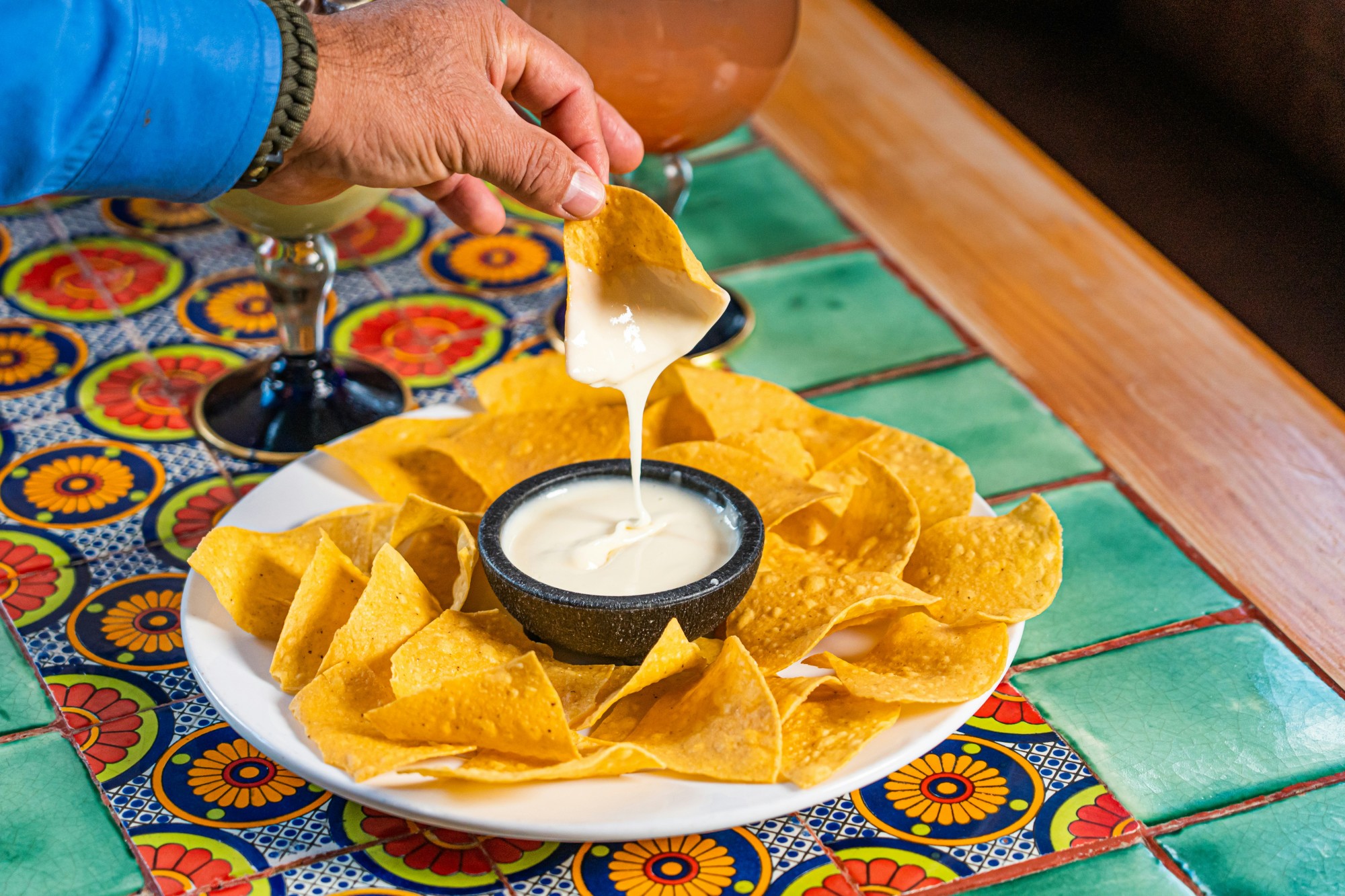
11. Queso and Crema Products (La Nica, Others)
The Hispanic dairy section has been hit particularly hard with recalls. La Nica Products recalled all their queso fresco and crema products for listeria contamination, affecting stores across the Southeast. But it's not just La Nica—multiple small manufacturers selling to local Hispanic markets and even some major chains have been affected.These products are staples in many households, used daily in everything from breakfast tacos to evening quesadillas. The crema, similar to sour cream but thinner, is often drizzled on soups, tacos, and elotes. The queso fresco crumbles on nearly everything. If you're like my family, these aren't occasional purchases—they're weekly essentials.
The CDC has linked these products to illnesses in multiple states, with pregnant Hispanic women being disproportionately affected. Cultural food practices, like using unpasteurized products or shopping at small local markets, can increase risk. If you have any Mexican-style dairy products purchased in the last two months, verify the brand and check them against FDA recalls. Don't rely on smell or appearance—listeria doesn't always change how food looks or tastes. Photo by Hybrid Storytellers on Unsplash
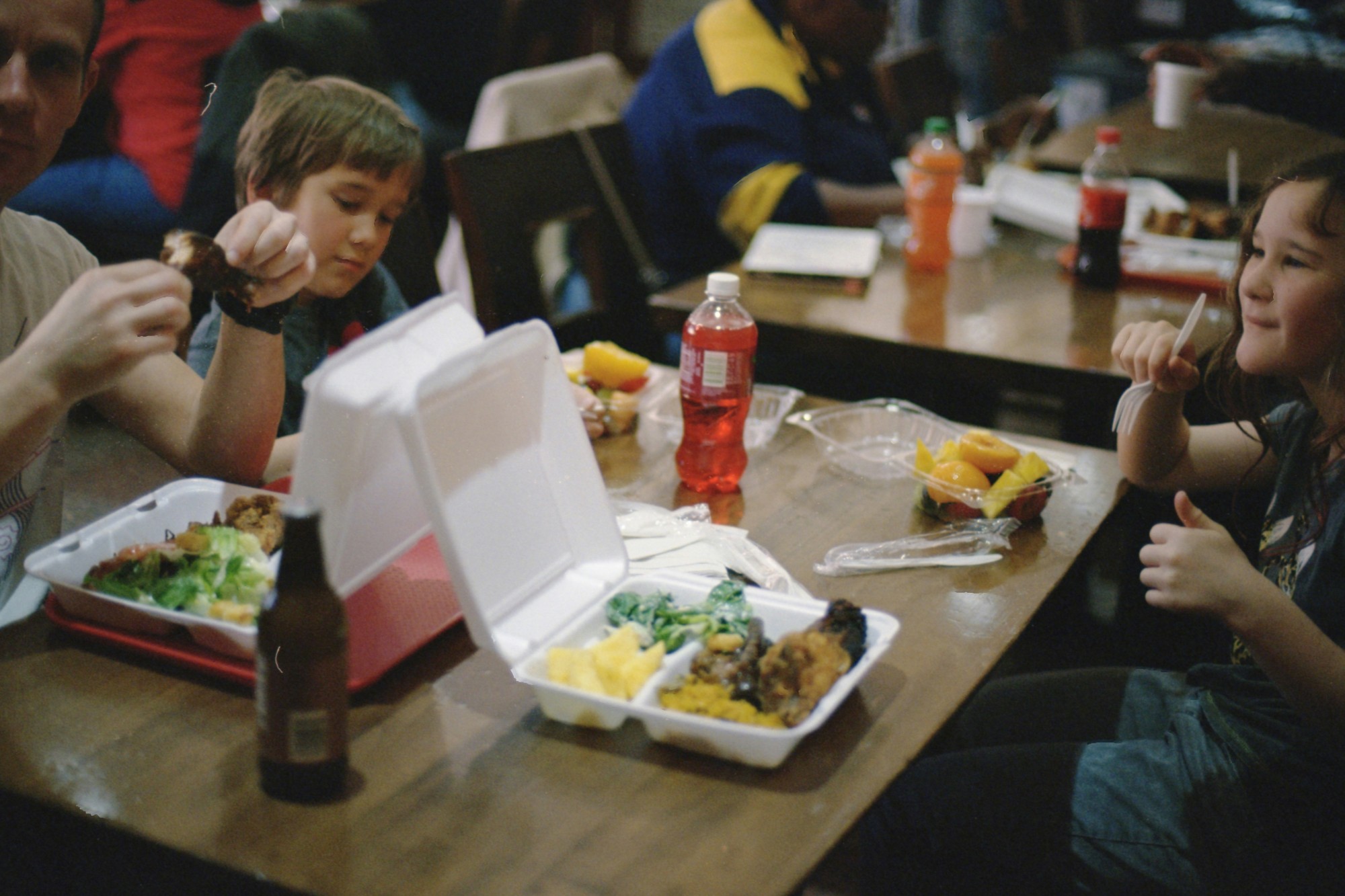
12. School Lunch Meat Products
This one keeps me up at night. Ready-to-eat meat products distributed to schools nationwide have been recalled, affecting millions of children. The USDA identified contaminated chicken, turkey, and beef products that went into school lunches, including pre-made sandwiches, chicken nuggets, and taco meat.The products were distributed by several major food service companies that supply schools, daycares, and summer programs. If your child's school uses pre-packaged lunches or you've noticed generic-looking wrapped sandwiches in their cafeteria, these might be affected. The contamination includes both listeria and salmonella risks.
What's terrifying is that many schools weren't immediately notified, and kids had already consumed these products. My daughter's school sent a letter home two weeks after the recall was initiated. If your child has had unexplained stomach issues or fever recently and eats school lunch, consider getting them checked. Pack lunches from home until this massive recall is sorted out—it's just not worth the risk. Photo by Annie Spratt on Unsplash
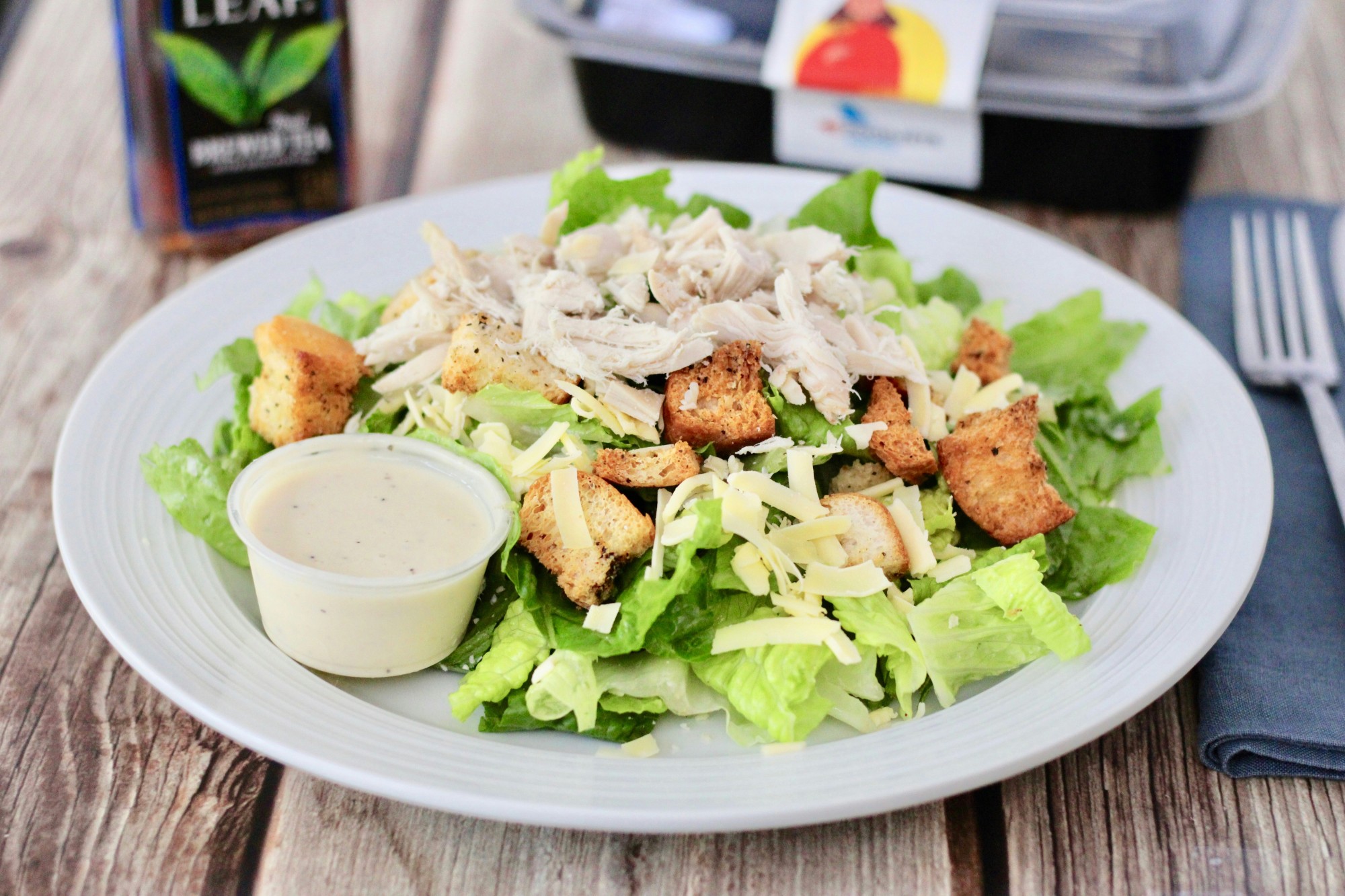
13. Prepared Chicken Salads (Grocery Deli)
Those convenient pre-made chicken salads from your grocery store's deli section are part of the massive BrucePac recall, but many stores made their own products with the contaminated chicken. This includes chicken salad, buffalo chicken dip, and chicken salad sandwiches made in-store at major chains.The problem is that stores received contaminated chicken and used it in their prepared foods before the recall was announced. Even stores that make everything "fresh daily" were affected. Kroger, Publix, Wegmans, and other chains have quietly pulled products, but not all customers were notified if they used loyalty cards at checkout.
I learned this the hard way when I got violently ill after eating chicken salad from my local store's "fresh" deli. When I called to report it, they admitted they'd used recalled chicken but hadn't contacted customers. If you've purchased any deli-made chicken products in the last month, assume they're contaminated. The stores should offer refunds, but honestly, I'm never buying pre-made chicken salad again. Photo by logan jeffrey on Unsplash
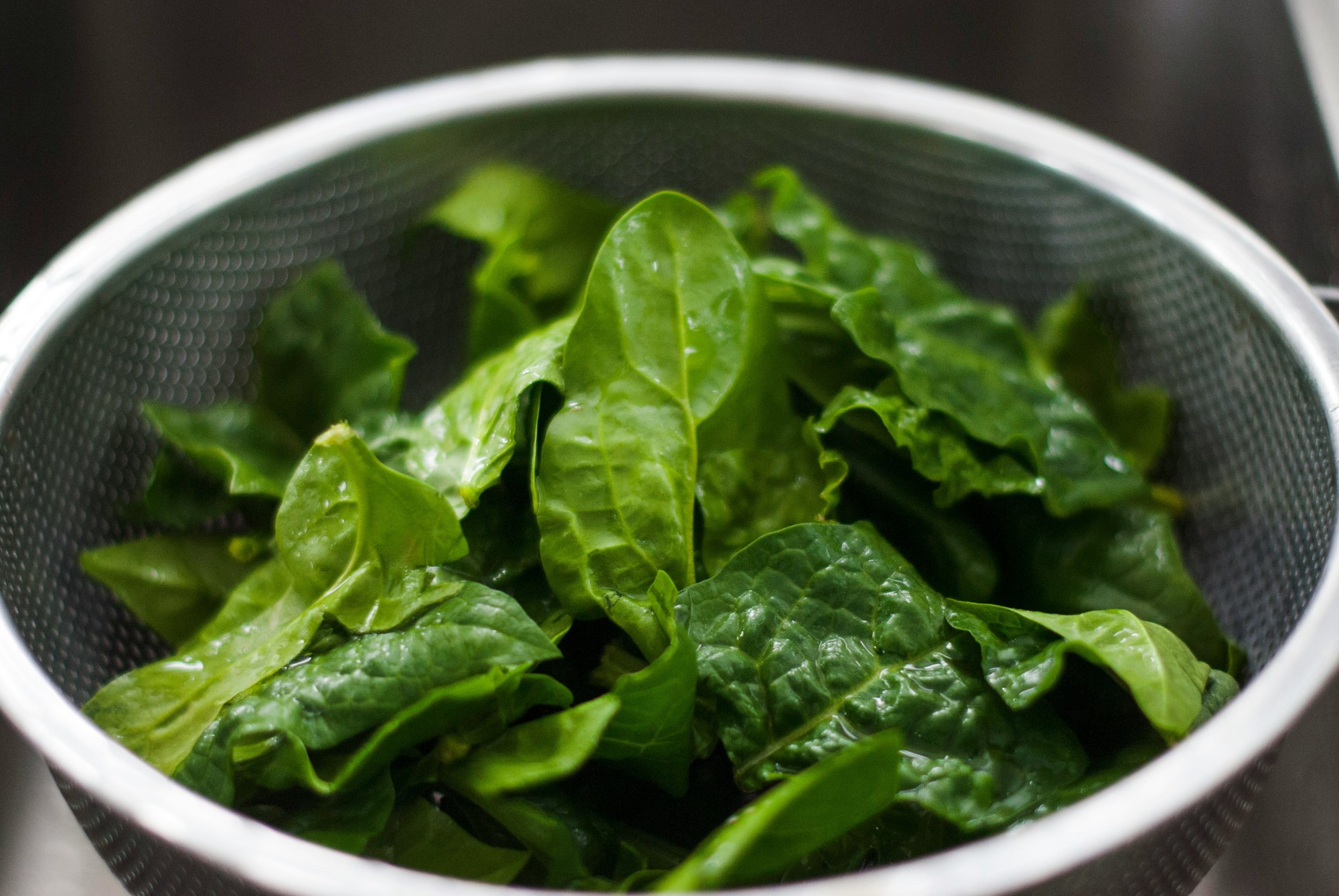
14. Organic Spinach and Leafy Greens
Multiple brands of organic spinach and spring mix blends have been recalled for E. coli and salmonella contamination. This includes bagged spinach, baby spinach, and various "power greens" blends sold at Whole Foods, Trader Joe's, and other health-focused retailers. Even some food service packs that ended up in restaurants are affected.The organic label makes this particularly frustrating—we pay extra thinking we're getting safer, cleaner produce. But organic farms can still have contamination from water sources or nearby livestock operations. The affected products have "Best By" dates ranging across several weeks, and some may still be on store shelves.
Fresh Express, Dole, and several smaller organic brands are involved. That expensive container of pre-washed baby spinach you bought for smoothies? The organic spring mix you've been feeding your toddler? Check them all. E. coli can cause kidney failure in young children, and washing won't remove it if it's gotten inside the leaves through the root system. When it comes to leafy greens recalls, there's no such thing as being too cautious. Photo by chiara conti on Unsplash
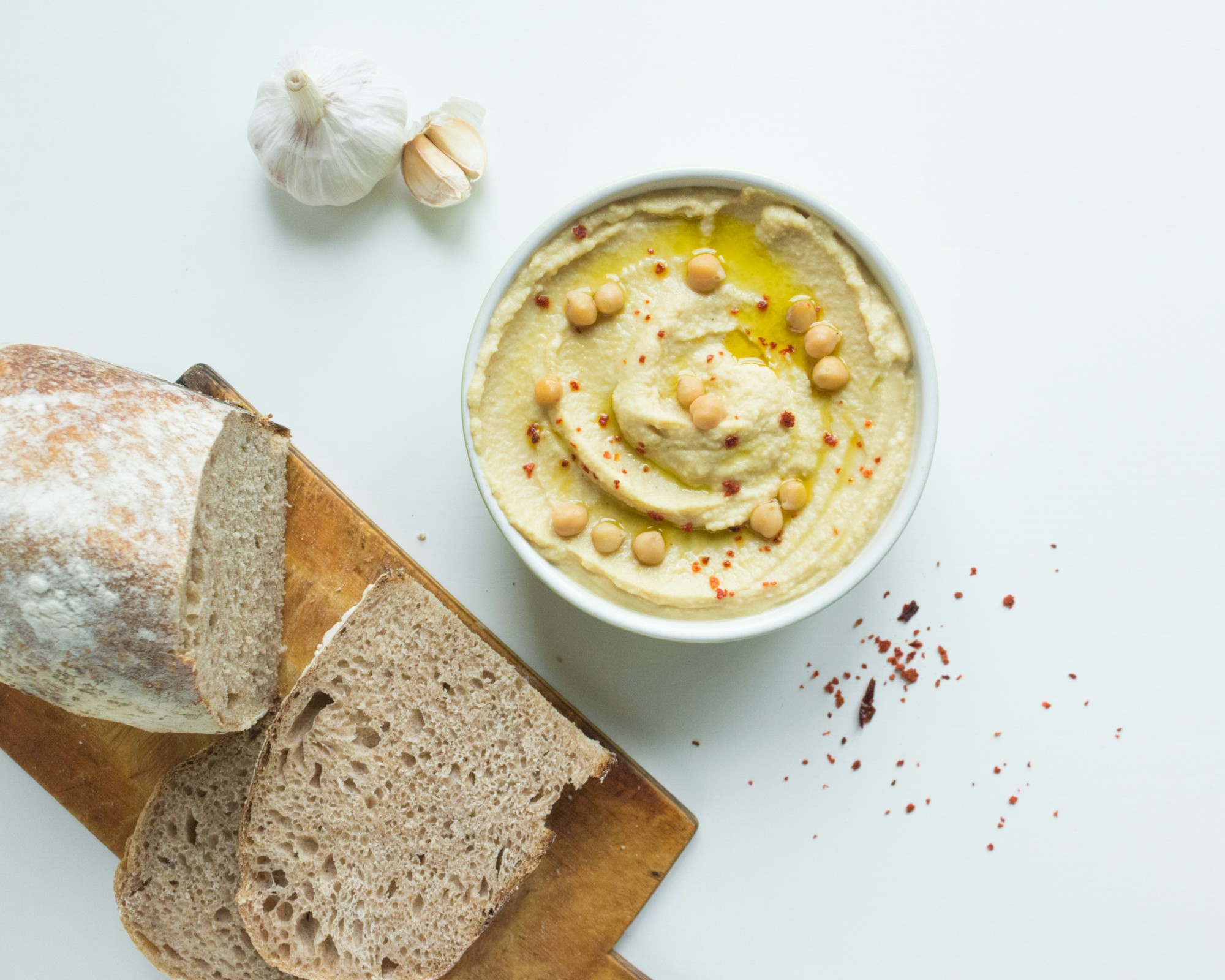
15. Hummus and Tahini Products
Your healthy snack might be harboring salmonella. Multiple brands of hummus and tahini have been recalled, including Sabra, Cedar's, and various store brands. The contamination was traced to tahini (sesame paste) suppliers, affecting dozens of products beyond just hummus—including halva, tahini sauce, and even some salad dressings.The recall includes both refrigerated and shelf-stable products, with some having expiration dates extending into mid-2025. That variety pack of hummus from Costco? The organic tahini from Whole Foods you use for homemade dressing? The individual hummus cups you pack in lunches? All potentially affected.
What's particularly concerning is that many people have already consumed these products without immediate illness, but salmonella can have long-term effects including reactive arthritis. A colleague developed chronic joint pain after a salmonella infection from contaminated tahini. Check every Middle Eastern product in your fridge and pantry—the recall list keeps expanding as more products are tested. Photo by Nicholas Barbaros on Unsplash
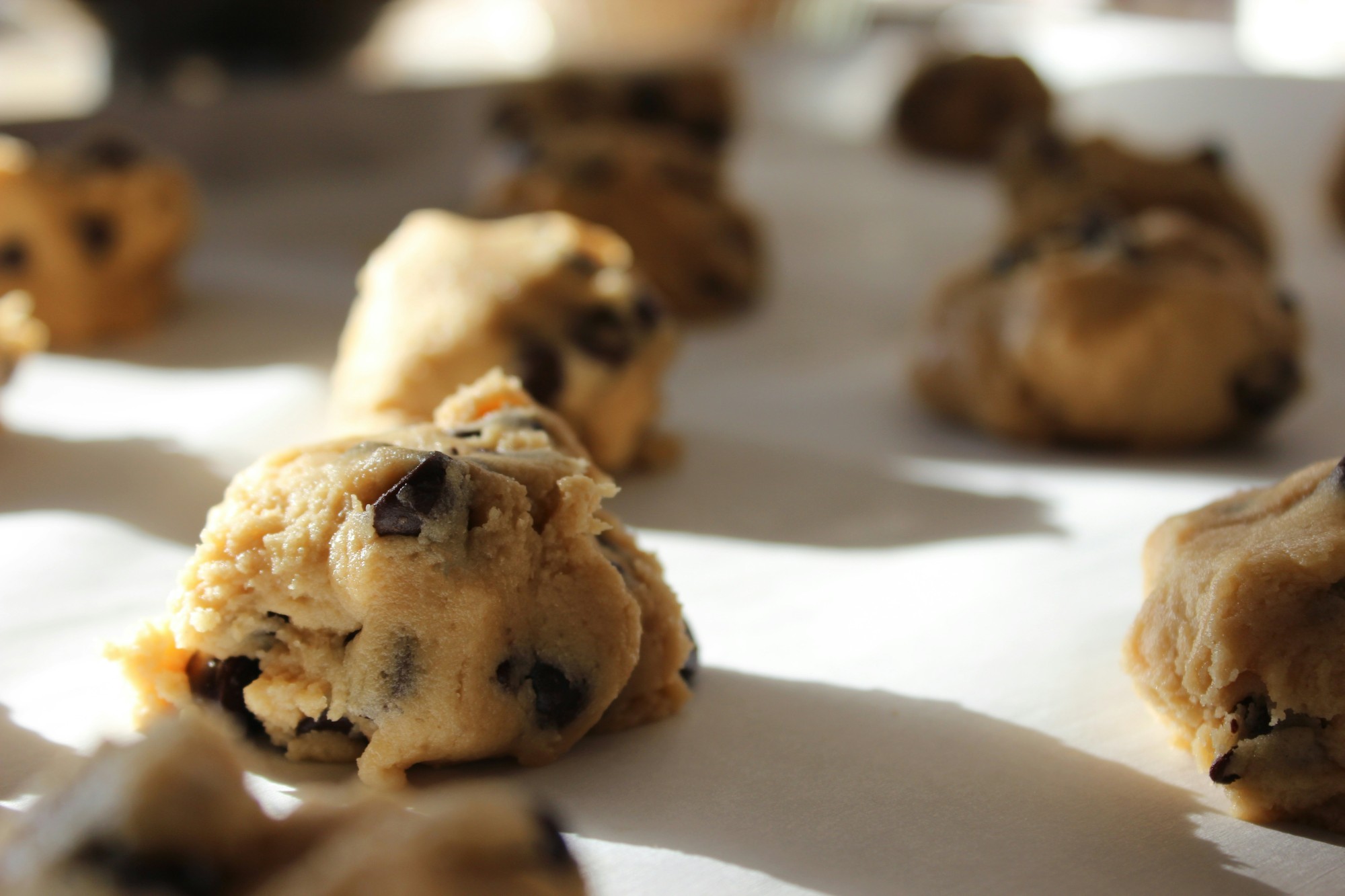
16. Packaged Cookie Dough
Both raw refrigerated cookie dough and cookie dough ice cream products have been recalled for potential salmonella in the flour and E. coli in other ingredients. Nestlé Toll House, Pillsbury, and multiple store brands are affected, along with cookie dough chunks used in ice cream.We all know we're not supposed to eat raw cookie dough, but let's be honest—who doesn't sneak a bite? The current recalls make that guilty pleasure potentially deadly. The contamination affects both break-and-bake products and the edible cookie dough marketed as safe to eat raw.
Even some "safe to eat raw" products have been recalled because they used heat-treated flour that wasn't properly processed. That tub of edible cookie dough you bought for movie night? The frozen cookie dough you keep for emergency desserts? Check them all. And definitely don't let kids lick the spoon—one mom reported her child was hospitalized after eating recalled cookie dough, spending three days on IV fluids. Photo by Pam Menegakis on Unsplash
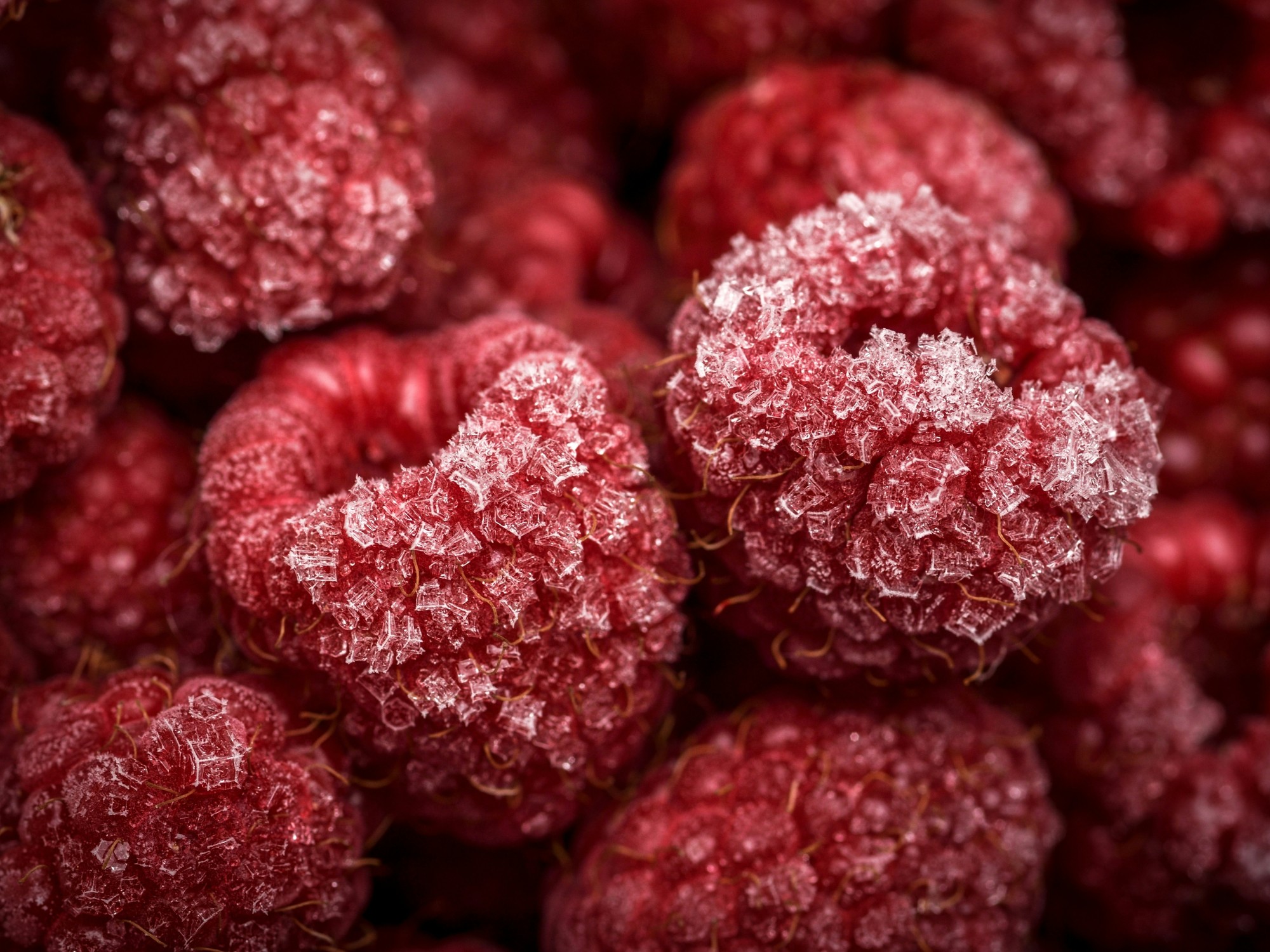
17. Frozen Berries (All Types)
The frozen berry recall is massive and affects organic and conventional berries from multiple suppliers. Strawberries, blueberries, blackberries, and mixed berry blends sold at virtually every major retailer have been recalled for potential hepatitis A contamination.These berries were sold under dozens of brand names including store brands from Kroger, Target, Walmart, and Costco's Kirkland Signature. The contamination likely occurred during harvesting, and since many of us buy berries in bulk and store them for months, affected products are probably still in freezers nationwide.
The hepatitis A risk is serious—it can cause liver failure in severe cases. If you've used frozen berries in smoothies, on pancakes, or in baking over the last three months, you might have been exposed. Cooking kills the virus, but many of us use them raw in smoothies. One family I know all got hepatitis A from contaminated frozen strawberries in their morning smoothies. Check every bag, even if it's nearly empty. Photo by Angel Sinigersky on Unsplash
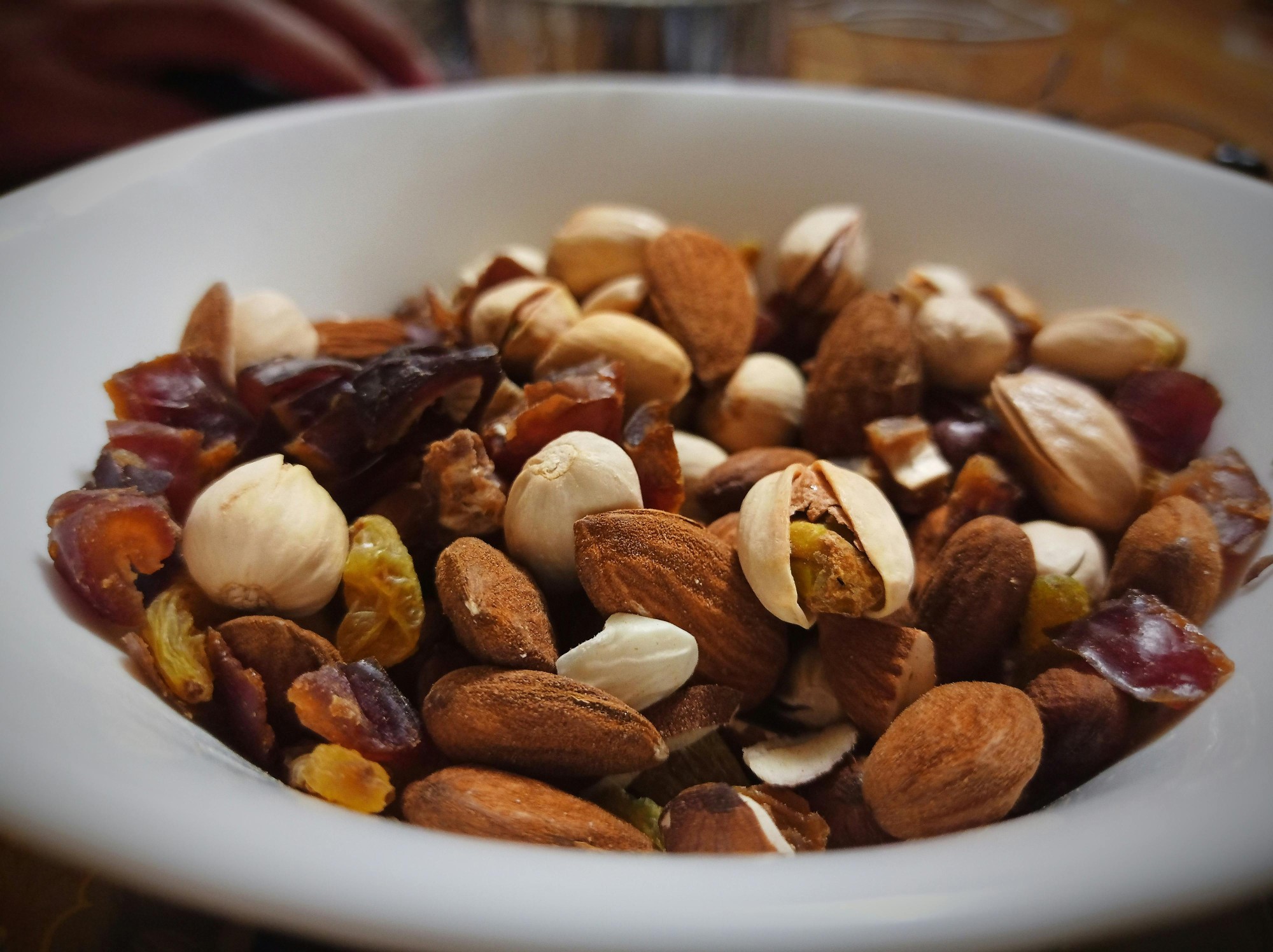
18. Nuts and Trail Mix
Multiple brands of nuts and trail mixes have been recalled for potential salmonella and undeclared allergens. This includes products from Planters, Wonderful Pistachios, and various store brands sold in bulk bins. The contamination affects raw nuts, roasted nuts, and mixed products.The bulk bin issue is particularly problematic because stores don't always remove product immediately, and cross-contamination can occur. That healthy trail mix you scooped up at Whole Foods? The mixed nuts from Costco you've been snacking on for months? The pistachios you bought in a large bag and transferred to containers? All potentially affected.
Some products were recalled for containing undeclared milk or gluten, while others have potential salmonella contamination. A friend with a tree nut allergy had a reaction to supposedly nut-free granola that was contaminated with recalled almonds. Check everything, including products that contain nuts as ingredients like granola bars, cereals, and baking supplies. Photo by Farheen

19. Infant Formula and Baby Food
This recall is every parent's nightmare. Several brands of infant formula and baby food have been recalled for potential cronobacter and salmonella contamination. While not as widespread as the 2022 formula crisis, it still affects multiple products including powder formula, ready-to-feed formula, and jarred baby foods.The recalled products include some store brands and specialty formulas for sensitive stomachs or allergies. The contamination can cause severe infections in infants, including meningitis. Symptoms include poor feeding, irritability, temperature changes, and abnormal movements.
If you've been using any recalled formula or baby food, don't panic but do act quickly. Contact your pediatrician immediately if your baby shows any symptoms. Switch to a different brand (if you can find it), and thoroughly sanitize all bottles and preparation areas. One mother in my parenting group said her baby was hospitalized for a week after consuming contaminated formula. Check the FDA website daily—this recall keeps expanding. Photo by Stephen Andrews on Unsplash

20. Pet Food (Human Food Safety Risk)
While not human food, recalled pet food poses serious risks to humans handling it. Multiple brands of raw and kibble dog and cat food have been recalled for salmonella and listeria. Brands include Blue Buffalo, Wellness, and various raw food suppliers. The contamination can spread to humans through handling and pet kisses.The risk is real—children playing with pet food bowls, adults handling contaminated kibble, and everyone getting dog kisses can be exposed. The CDC has documented human illnesses linked to contaminated pet food. Symptoms in pets include diarrhea, fever, and loss of appetite, but they can be carriers without showing symptoms.
That premium raw food you thought was healthier for your dog? The grain-free kibble you transfer to storage containers? Check it all. Wash your hands thoroughly after handling any pet food, keep kids away from feeding areas, and maybe skip the face kisses for a while. One family I know all got salmonella from their dog's contaminated food—they had no idea pet food could make humans sick. Photo by M Burke on Unsplash